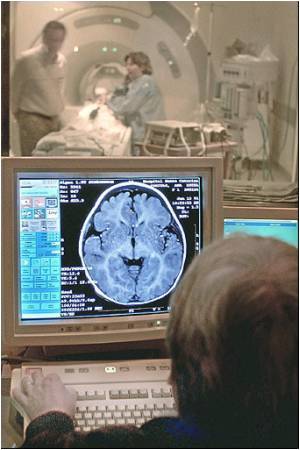A blood test, which would help in early diagnosis of Alzheimer's disease, is being developed by Kiwi researchers.

A blood test that could identify biomarkers for those at risk would contribute to an early diagnosis and aid treatment, Stuff.co.nz reported.
"The expectation is that when such treatments do come on stream - and it is just a matter of time - we will want to be able to give people whatever treatment is developed as early as possible," said Abrahams.
"It's agreed that the earlier you can diagnose, the better it will be."
The current ways of detecting the disease in patients include neuropsychological testing and clinical assessment with some of the tests being invasive and expensive.
"The attraction of a blood test is simplicity and cost. It can be done in any centre. You don't need to have access to sophisticated equipment."
Advertisement
Plasma molecules would then be monitored using biochemical and molecular techniques to spot proteins or other biomarkers that characterise the disease.
Advertisement
Abrahams hoped that within two to three years, the team would have a verified way of identifying those likely to get Alzheimer's disease and he believes that there are already some promising leads, putting them ahead of other researchers in the field.
"There is an urgent need. The population with dementia is going to treble in the next 40 years, so it is going to be a massive burden if we can't solve the problems of early detection and effective therapy," he added.
Source-ANI













